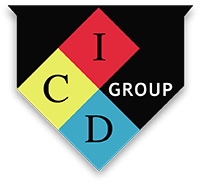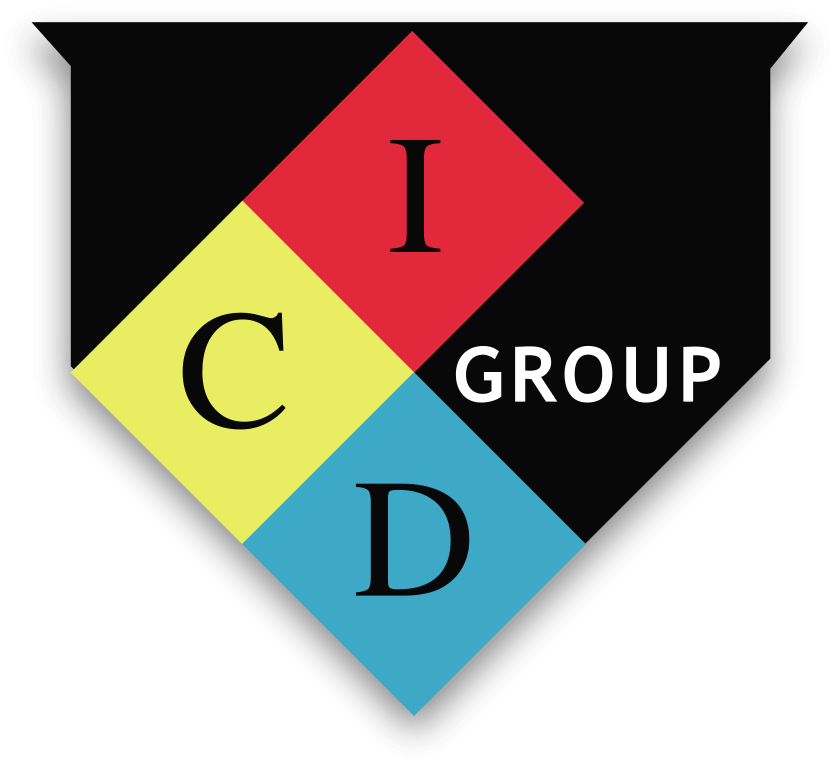The first thing most employees of the ICD Group do in the first week of January is to find out whether Yom Kippur falls on the weekend or during the week. Everyone knows if they will be getting a day off from work within the first couple of weeks of each January. Despite this, most employees don’t have a clue what the holiday means and why the companies close. It is for this reason that I thought I would share the significance of the holiday.
ICD Group Holdings Limited was founded by the Matalon family who were all observant Jews. Yom Kippur is the holiest day in the Jewish Calendar. It is the one day when even secular Jews who are not observant find themselves at Synagogue. According to Jewish tradition, God inscribes each person’s fate for the coming year in the Book of Life on Rosh Hashanah, ( New Year) which this year was on Sunday, September 13th and Monday, September 14th. God waits until Yom Kippur to seal the verdict. During the ten days between, known as the Days of Awe, a Jew tries to amend his or her behaviour and seek forgiveness for wrongs done against God and against other human beings. The evening and day of Yom Kippur is set aside for public and private petitions and confessions of guilt. At the end of Yom Kippur, one hopes that they are forgiven by God and sealed in the Book of Life for the coming year.
Jewish people traditionally observe this holy day with an approximate 25-hour period of fasting and intensive prayer, often spending most of the day in synagogue services. Jews all over the world eat their last meal before sunset on the afternoon of the eve and head to Synagogue. They do not eat or drink anything again, including water, until sunset the following day when traditionally Jewish families gather to break the fast.
According to Rabbi Jonathon Sacks, the retired Chief Rabbi of the United Congregation of Commonwealth in Britain; “The Jews were the first people to understand the significance of human responsibility and freedom, the first to conceive of a society of equal dignity, the first to understand that right matters more than might, and a whole list of other insights that eventually revolutionised Western civilisation. Judaism inspired two other religions, Christianity and Islam that between them today count more than half the six billion people on earth as their adherents.
In his book, “Letters to the Next Generation” Rabbi Sacks writes under the heading “Finding Happiness” the following thoughts to his grown children, but these are life lessons for us all whether Jewish, Christian or Muslim:
1. Give thanks. Once a day, at the beginning of the morning prayers, thank God for all He has given you. This alone will bring you halfway to happiness. We already have most of the ingredients of a happy life. It’s just that we tend to take these for granted and concentrate instead on our unfulfilled desires. Giving thanks in prayer focuses attention on the good and helps us keep a sense of proportion about the rest. It’s better than shopping – and cheaper too.
2. Praise. Catch someone doing something right and say so. Most people, most of the time, are unappreciated. Being recognised, thanked and congratulated by someone else is one of the most empowering things that can happen to us. So don’t wait for someone to do it for you: do it for someone else. You will make their day, and that will help make yours.
3. Spend time with your family. Keep Shabbat, so that there is at least one time a week when you sit down to have a meal together with no distractions – no television, no phone, no email, just being together, talking together, celebrating one another’s company. Happy marriages and families need dedicated time.
4. Discover meaning. Take time, once in a while, to ask the Yom Kippur questions, “Why am I here? What do I hope to achieve? How best can I use my gifts? What would I wish to be said about me when I am no longer here?” Finding meaning is essential to a fulfilled life – and how will you find it if you never look? If you don’t know where you want to be, you will never get there however fast you run.
5. Live your values. Most of us believe in high ideals, but we act on them only sporadically. The best thing to do is to establish habits that get us to enact those ideals daily.
6. Forgive. This is the emotional equivalent of losing excess weight. Life is too short to bear a grudge or seek revenge. Forgiving someone is good for them but even better for you. The bad has happened. It won’t be made better by your dwelling on it. Let it go. Move on.
7. Keep growing. Don’t stand still, especially in the life of the spirit. The Jewish way to change the world is to start with yourself. Anne Frank once wrote: “How wonderful it is that nobody need wait a single moment before starting to improve the world”.
8. Learn to listen. Often in conversation we spend half our time thinking about what we want to say next instead of paying attention to what the other person is saying. Listening is one of the greatest gifts we can give to someone else. It means that we are open to them, that we take them seriously, that we accept graciously their gift of words. The keyword in Judaism is Shema, which simply means “Listen”.
9. Create moments of silence in the soul. Liberate yourself, if only five minutes daily, from the tyranny of technology, the mobile phone, the laptop and all the other electronic intruders.Remember that God is in every breath we breathe. Inhale the heady air of existence, and feel the joy of being.
10. Transform suffering. When bad things happen to you, use them to sensitise you to the pain of others. The people who survived tragedy and became stronger as a result did not ask, “Who did this to me?” They asked, “What does this allow me to do that I could not have done before?” They didn’t curse the darkness; instead they lit a candle. They refused to become victims of circumstance. They became, instead, agents of hope. Life’s too full of blessings to waste time and attention on artificial substitutes. Live, give, forgive, celebrate and praise: these are still the best ways of making a blessing over life, thereby turning life into a blessing.
May God write you in the Book of Life.
Written by:
Judith Bruce,
Group Human Resource Director


